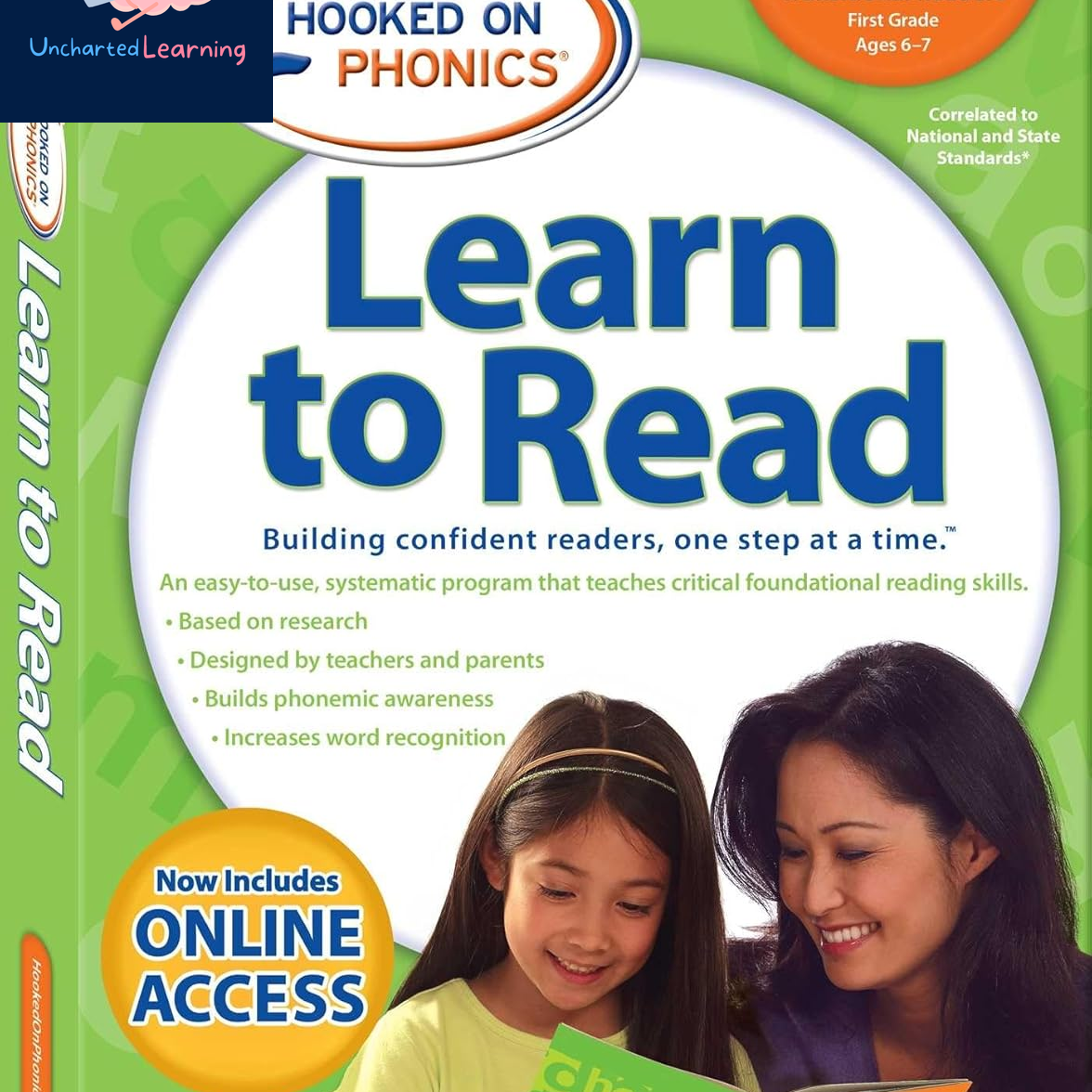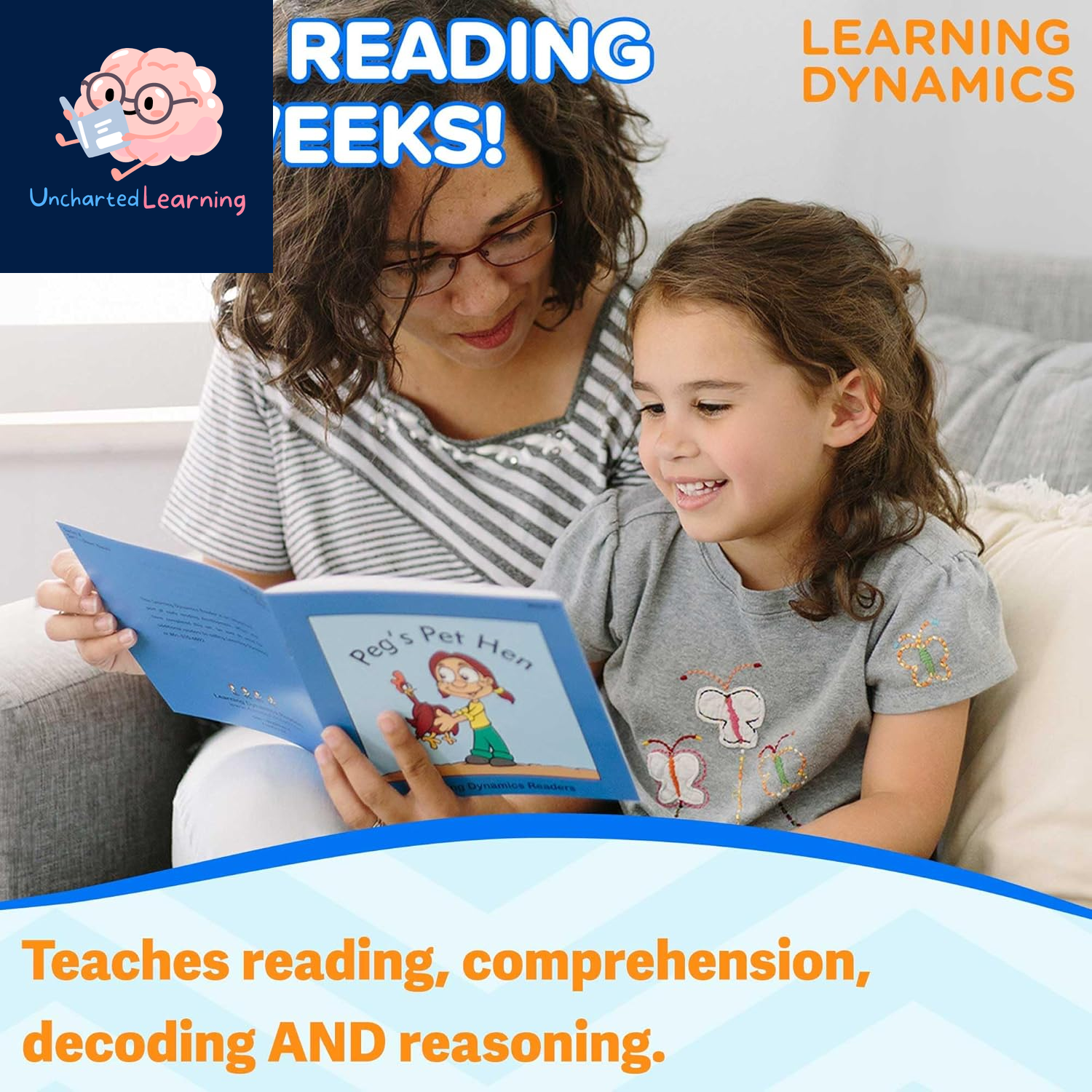Many parents considering homeschooling feel a mix of excitement and anxiety, with concerns about stepping away from the traditional education system and the responsibility of directly impacting their child’s learning. However, the journey into homeschooling can bring numerous benefits that often outweigh the initial fears. Whether it’s tailoring education to a child’s needs or creating a more flexible and enriching learning environment, homeschooling offers a rewarding alternative for many families. By addressing some of the most common concerns, parents can approach homeschooling with greater confidence and enthusiasm.
Addressing Socialization Concerns
These links may support our future content (thanks for your click!).
One of the most frequently raised concerns among prospective homeschooling parents is the potential lack of social interaction for their children. The myth that homeschooled children are isolated from their peers is a common one, but homeschooling does not necessarily mean a lack of social engagement. In fact, homeschooled children often have diverse social experiences:
- Parents can facilitate social interactions through homeschooling co-ops, local clubs, sports teams, and community activities. These activities provide a range of social environments where children can interact and build friendships.
- Casual social settings, like park playdates or library groups, offer more relaxed opportunities for children to engage with others.
- Homeschoolers often form deeper, more meaningful relationships based on shared interests rather than being restricted to peer groups within the same age range. This can lead to strong, long-lasting friendships.
Educational Qualifications of Parents

Another common fear for parents considering homeschooling is that they may not be qualified to teach their children effectively. However, the truth is that successful homeschooling is less about formal qualifications and more about the parent’s engagement and commitment:
- Parents' passion and active involvement are crucial in fostering a child’s love for learning. A parent’s enthusiasm for a subject can spark the same excitement in their child, creating an enriching educational experience.
- Homeschooling allows for customization of the educational content to fit the child’s learning style and interests. This flexibility often results in deeper comprehension of subjects and a more personalized learning experience.
- Parents can focus on areas where their child may need extra support, providing more one-on-one attention than traditional classrooms typically offer.
Flexibility in Learning
One of the biggest advantages of homeschooling is the flexibility it provides, which can greatly benefit both the student and the parent. Unlike traditional schools, where a rigid schedule is often followed, homeschooling allows for a more adaptable learning environment:
- Children can spend more time on subjects they are passionate about and move at a pace that suits their learning style. This ensures that students are not left behind in areas where they struggle or held back in subjects where they excel.
- The flexibility of homeschooling also caters to the child’s natural learning rhythms, whether they are early risers or night owls. This personalized schedule can lead to higher academic achievement and greater overall satisfaction with learning.
Benefits for Parents

Homeschooling doesn’t just benefit children—it can also provide significant rewards for parents:
- Parents often find themselves rekindling their own love for learning as they explore new subjects alongside their children. This process can be intellectually stimulating and enjoyable for both parties.
- Many parents report feeling a deep sense of accomplishment and purpose as they witness their child’s academic and personal growth. The close involvement in their child’s education allows for a rewarding connection that may not be as easily fostered in traditional school settings.
Key Points for Prospective Homeschoolers:
- Social Opportunities: Emphasize the variety of ways children can socialize and develop friendships outside traditional school settings.
- Parental Involvement: Highlight the importance of parental passion and commitment over formal educational qualifications.
- Customized Learning: Stress the benefits of tailored education that aligns with the child’s unique needs and interests.
- Family Bonding: Point out the stronger family connections developed through shared educational experiences.
Conclusion
While the decision to homeschool is deeply personal and comes with its challenges, understanding and addressing the associated fears can lead to a more confident and positive approach. By focusing on the unique advantages it offers, such as flexibility, tailored learning, and stronger family bonds, families can embrace homeschooling as a rewarding educational alternative. With the right mindset and resources, homeschooling can be an enriching experience for both parents and children, leading to lasting academic and personal growth.


















